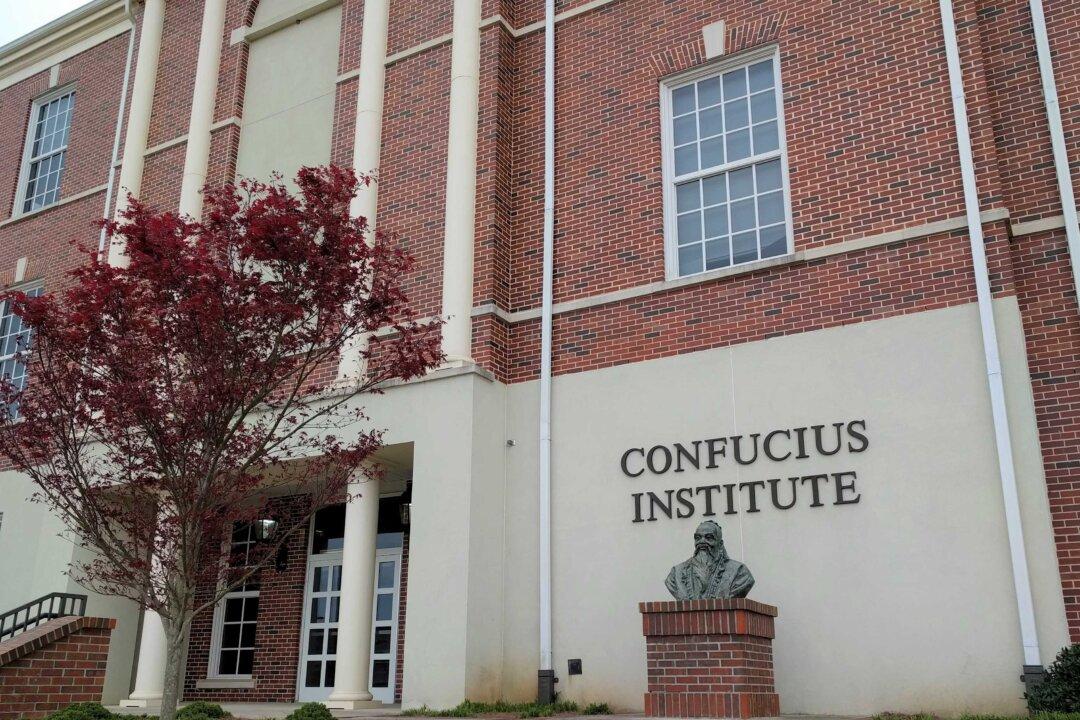The College Board, a nonprofit organization that administers AP and SAT exams, said it will end its partnership with a Chinese government agency at the end of the year amid growing concern about the Chinese regime’s influence in the U.S. education system.
The decision follows an Oct. 26 letter from seven Republican senators to College Board CEO David Coleman asking him to explain the group’s financial relationship with Hanban, an office under Beijing’s ministry of education that’s responsible for overseeing Confucius Institutes around the world.





